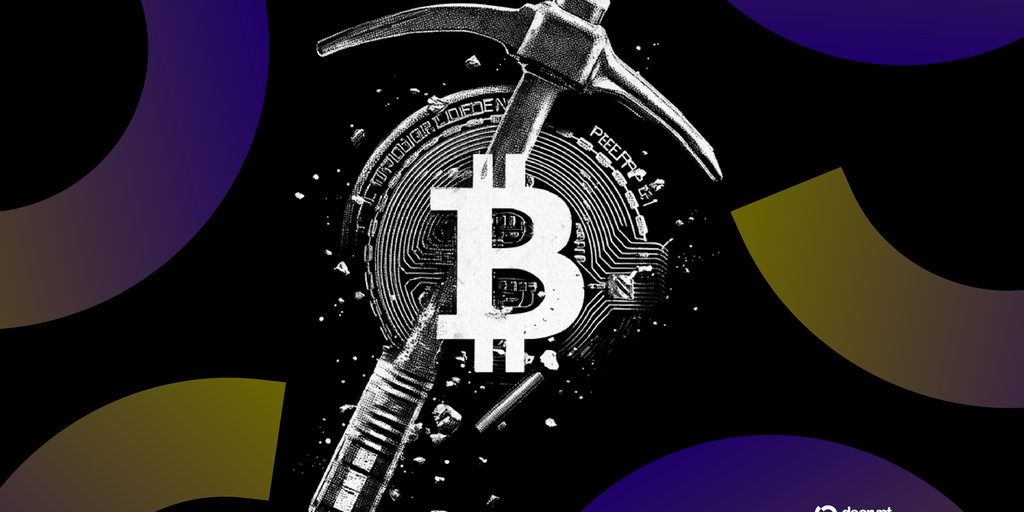In brief
- Bitcoin network mining difficulty hit an all-time high of 129 trillion, making it harder than ever for miners to earn rewards despite Bitcoin’s recent price pullback.
- Miner revenues are being squeezed as hashprice dropped to $60 per petahash and transaction fees fell below 1% of block rewards for the first time ever.
- New tariffs up to 57.6% on mining equipment imports are creating additional financial pressure, with CleanSpark facing a potential $185M liability and Iris Energy $100M.
Even as Bitcoin cools off from its new all-time high, activity on the network has surged, pushing mining difficulty to fresh highs.
The Bitcoin network difficulty now stands at a record high of 129 trillion. That’s a 6.4% increase over the past 90 days, according to CoinWarz.
The difficulty was nearly this high in early June, when it inched past 126 trillion for the first time ever. The higher the difficulty the harder it becomes for miners to successfully add new blocks and earn rewards.
There may be some relief coming. The difficulty, which adjusts automatically roughly every two weeks, is set to lower 0.33% on Friday, August 22.
But for now, the all-time high difficulty is showing up in lower Bitcoin miner revenues, writes BlocksBridge Consulting founder and partner Nishant Sharma in his latest Bitcoin mining newsletter.
He wrote that the hashprice, or the amount of revenue earned per unit of computing power, has sunk to $60 per petahash per second. “This reflects ongoing compression in miner margins, as difficulty growth continues to offset gains from price appreciation,” Sharma added.
Meanwhile, transaction fees have slipped below 1% of block rewards for the first time ever. The revenue earned by miners comes from the static block reward, which is currently 3.125 BTC per block mined, and transaction fees paid by users.
“In July, fees accounted for just 0.985% of total monthly block rewards–the first time this share has fallen below 1%,” Sharma wrote.
The overall picture for Bitcoin miners hasn’t been helped by U.S. President Donald Trump, who has implemented punishing tariffs on imports from many of the countries that sell Bitcoin mining rigs. Imports from China are now subject to 57.6% tariffs, while Indonesia, Malaysia, and Thailand are all subject to 21.6% tariffs.
The tariffs have already negatively affected two U.S. miners. U.S. Customs and Border Protection, which oversees tariff enforcement, has sent invoices to Iris Energy and CleanSpark—but for mining rigs that were imported in 2024.
“CleanSpark warned that if CBP’s position were upheld, its potential tariff liability could reach $185 million,” Sharma said. “IREN has also faced a $100 million dispute with CBP under similar circumstances. Both companies are challenging CBP’s claims.”
Daily Debrief Newsletter
Start every day with the top news stories right now, plus original features, a podcast, videos and more.

